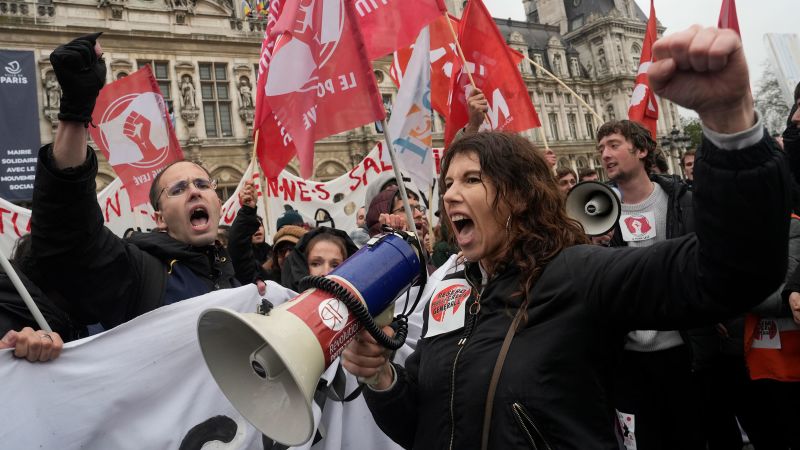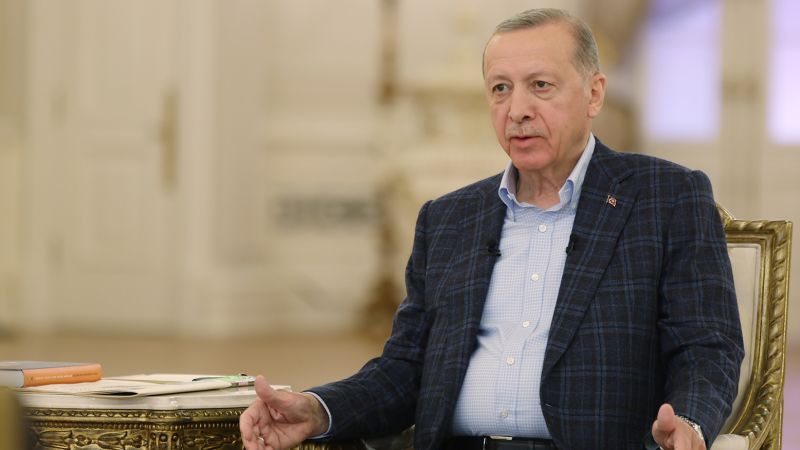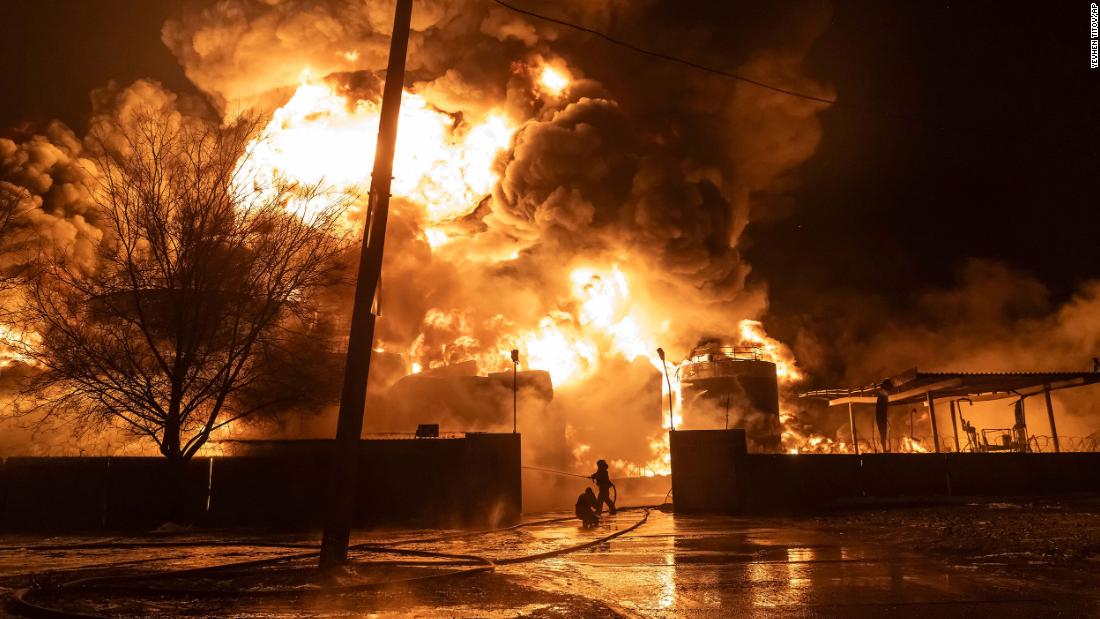France pension protests explained: France is still mad — but can the protests last?

Paris
CNN
—
After months of protests and widespread strikes that saw transport grind to a halt and garbage mount in the streets of Paris, hugely unpopular changes to France’s pension system have been signed into law.
France’s Constitutional Council, which plays a similar role to the US Supreme Court, in April approved the most controversial part of the reform – the raising of the retirement age from 62 to 64.
Despite the decision, some of France’s powerful unions say they will fight on. More protests are planned on Monday, with the question now whether this anger will plague the rest of Macron’s time in office or disappear from the streets.
Here’s all you need to know.
For the French “it was never about the age of retirement,” said political scientist Dominique Moïsi, “but the balance between work and life.”
Pensions reform has long been a thorny issue in France. In 1995, weeks-long mass protests forced the government of the day to abandon plans to reform public sector pensions. In 2010, millions took to the streets to oppose raising the retirement age by two years to 62 and in 2014 further reforms were met with widespread demonstrations.
“Each time there is opposition from public opinion, then little by little the project passes and basically, public opinion is resigned to it,” Pascal Perrineau of Sciences Po university said.
For many in France, the pensions system, as with social support more generally, is viewed as the bedrock of the state’s responsibilities and relationship with its citizens.
The post-World War II social system enshrined rights to a state-funded pension and health care, which have been jealously guarded since, in a country where the state has long played a proactive role in ensuring a certain standard of living.
How Macron pushed through these reforms – bypassing a parliamentary vote – inflamed tensions as much as their content, focusing anger on the president himself.
“I don’t think in the history of the Fifth Republic, we have seen so much rage, so much hatred at our president. And I remember as a young student, I was in the streets of Paris in May ’68, and there was rejection of General de Gaulle but never that personal hatred,” Moïsi said.
Macron is above all a business-minded president. Making France more business-friendly and government more efficient have been central to his mission.
The young president made social reforms, especially of the pensions system, a flagship policy of his 2022 re-election.
For Macron’s cabinet, the problem is money. The current system – relying on the working population to pay for a growing age group of retirees – is no longer fit for purpose, the government says.
Labor minister Olivier Dussopt said that without immediate action the pensions deficit would reach more than $13 billion annually by 2027. Referencing opponents of the reforms, Dussopt told CNN affiliate BFMTV: “Do they imagine that if we pause the reforms, we will pause the deficit?”
It is worth noting that the higher pension age will still keep France below the norm in Europe and in many other developed economies.
State pensions in France are also more generous than elsewhere. At nearly 14% of GDP in 2018, the country’s spending on state pensions is larger than in most other countries, according to the Organization for Economic Cooperation and Development (OECD).
The Constitutional Council’s decision means the reforms are going ahead.
From September, the first retirees will have to wait an additional three months for their state pensions. With regular, incremental increases, by 2030 the retirement age will have reached 64.
Protesters are unbowed. One told journalists in the immediate aftermath of the decision they would “fight until this reform is abandoned.” The CGT union, one of France’s largest, called for “historic” protests on May 1, a traditional day of union-led marches.
Between January and mid-April, despite sporadic violence, support for the protests grew by some 11%, figures from pollster IFOP in partnership with Fiducial/Sud Radio showed.
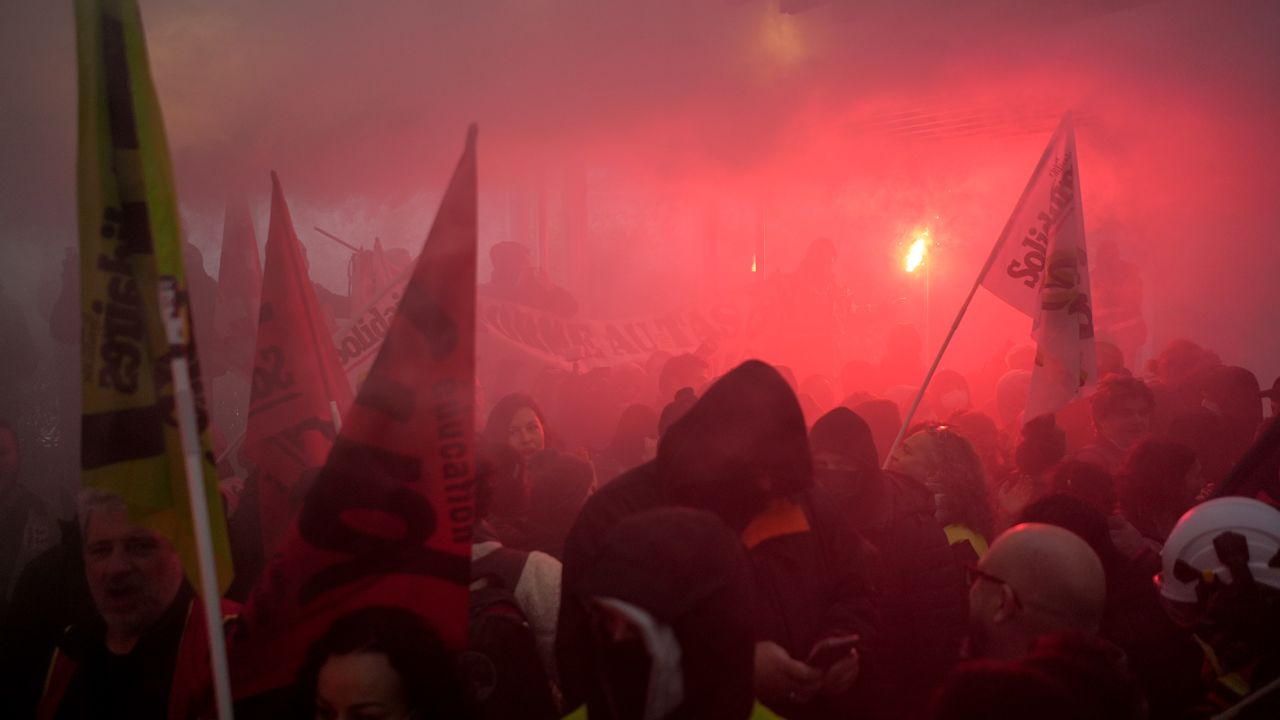
In contrast, during the Yellow Vest protests, started in opposition to hikes in fuel prices, violence gradually soured public support. That these pensions protests continue to hold such popular goodwill is an ominous sign for Macron’s future plans.
The size and violence of pensions protests spiked when Macron forced the legislation past the country’s lower legislative house without a vote. Since then, a determined minority has continued to protest – and a much smaller group to engage in violence. For now, with the law passed, momentum may have shifted away from mass street protests, even if flare-ups continue.
But for an electorate the majority of whom did not pick Macron as their first choice, the May 1 marches will be a barometer of that anger, filmmaker David Dufresne, who directed a documentary on the Yellow Vest protests, told CNN.
“Democracy by the street is back again,” he said.
Macron is still not far into his second term, having been re-elected in 2022, and still has four years to serve as the country’s leader. Given French presidents serve fixed terms, his position is safe.
Following the passage of the reforms, his government laid out a slew of policies promising additional funding for public services – nurse and teacher salaries included – tougher immigration measures and more environmental action in an effort to win back public support. But the horse may have already bolted for Macron’s efforts to woo back the public.
Looking ahead to the next presidential election in 2027 – still far off on the political horizon – the anger Macron has stirred in the country’s streets doesn’t bode well for his party’s chances.
While unions have led these protests, opposition politicians, political allies and even some in his own party have come out in support of the demonstrators.
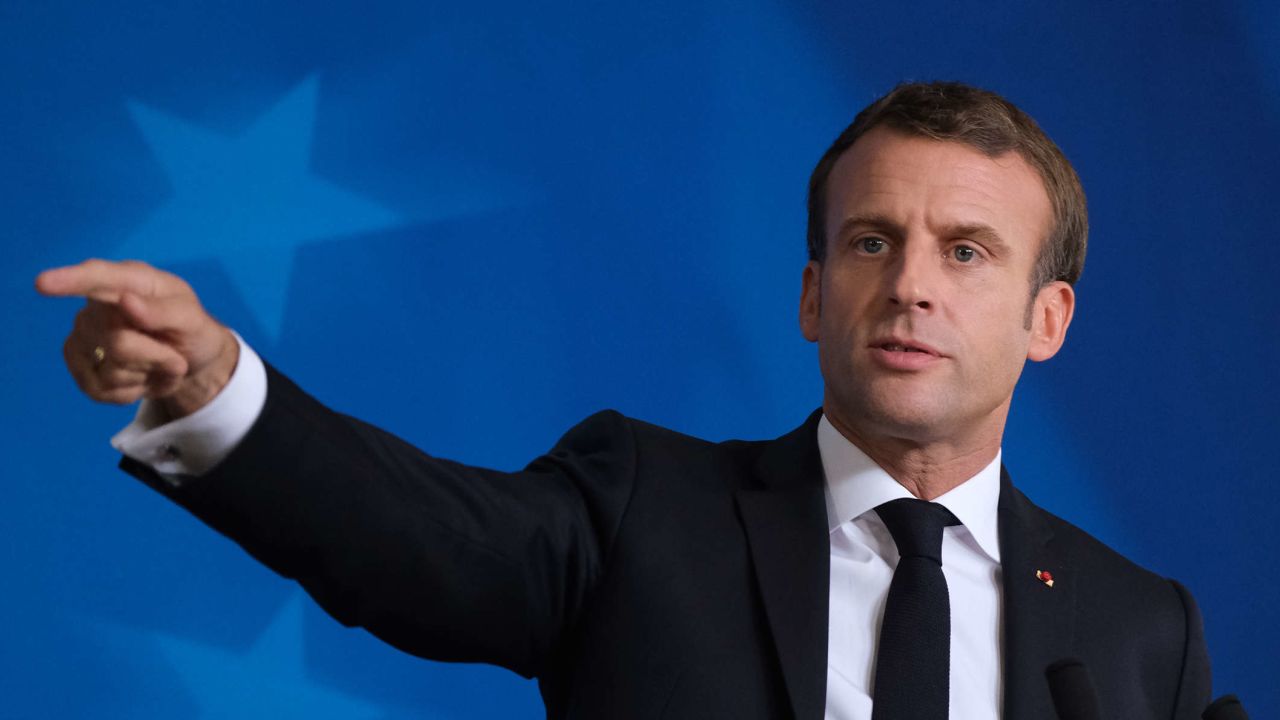
In a re-run of the 2024 presidential run-off, with the far-right’s Marine Le Pen up against a candidate from Macron’s party, this popular anger may be enough to give pause to voters who supported Macron merely to stymie the far-right.
“He failed to sell his logic and rationality,” Moïsi said, comparing Macron to Barack Obama, whose second term gave way to the presidency of Donald Trump.
While Macron’s reforming crusade continues, the pensions controversy could ultimately force him to negotiate more, Perrineau warns – though he notes the French president is not known for compromise.
His tendency to be “a little imperious, a little impatient” can make political negotiations harder, Perrineau said.
That, he adds, is “perhaps the limit of Macronism.”


